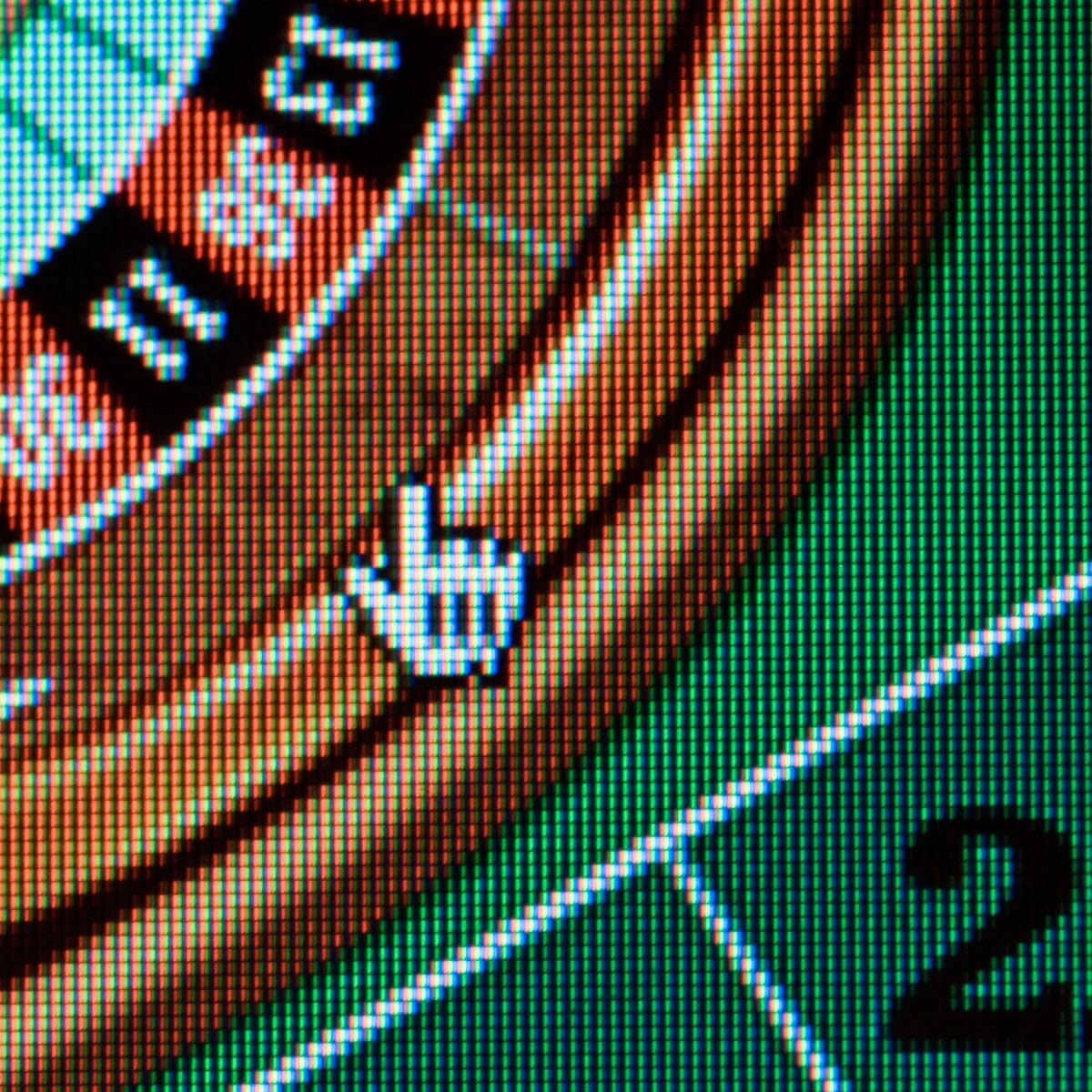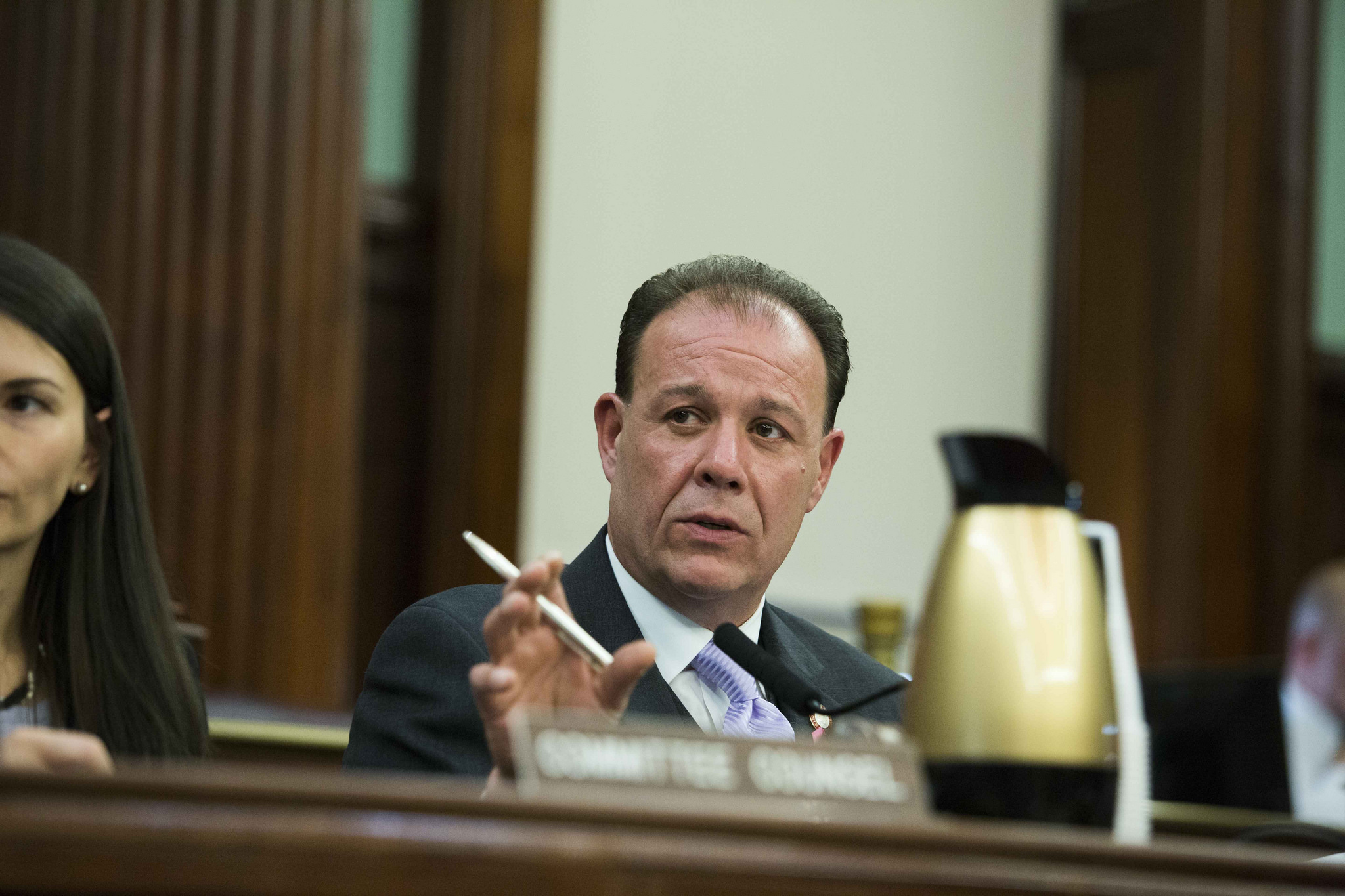Gambling Industry Ethics
With the Agreement on new initiatives against compulsive gambling and adjustments to the gambling agreement of 29 June 2018, it was decided that the gambling industry were to discuss a code of conduct to increase consumer protection and contribute to preventing gambling as entertainment developing into compulsive gambling. According to an anonymous survey of over 600 gaming industry employees by Growth from Knowledge (GfK) Global, 81% either agree or strongly agree with the statement that the gaming industry is diverse and welcoming to all guests and employees. The Ethics of Gambling The ethics around the gambling issue, both theoretically and reality is amazingly complicated. In 1996, the legislature established a commission to analyze the betting debate, particularly its impact on The United States during the past two years.
Gambling, while it lowers taxes and creates jobs, it also causes addicts to lose money and therefore creates a higher crime rate. Gambling was a popular pastime in North America long before there was ever a United States. Playing cards and dice were brought over by both the British and the Dutch. (Ladouceur, 2004)

 Gambling is highly addictive, and compulsive gamblers have the same symptoms an alcoholic or a person addicted to drugs would have with their addiction, when someone is addicted to gambling they have a brain disease that is chemically and genetically driven, just as addictive as cocaine in certain individuals. The same way a drug addict needs to take drugs in order to maintain a high, a gambler has to gamble in order to experience the high of winning.
Gambling is highly addictive, and compulsive gamblers have the same symptoms an alcoholic or a person addicted to drugs would have with their addiction, when someone is addicted to gambling they have a brain disease that is chemically and genetically driven, just as addictive as cocaine in certain individuals. The same way a drug addict needs to take drugs in order to maintain a high, a gambler has to gamble in order to experience the high of winning.Psychologists, sociologists, and medical researchers have been studying gambling behavior, and over the past 20 years, the understanding of gambling problems has advanced greatly. Just as some individuals may develop addictions to alcohol or drugs, the same can happen with gambling. That is, some people may become so-called problem gamblers. This behavioral disorder is similar to alcoholism or drug addiction. (Gerstein, 2002)
Gambling Industry Ethics Issues
 Consumer theory in economics suggests that individuals are generally best off when they are sovereign and have freedom to choose how to spend their money. The economics of consumer behavior is based on individuals attempting to maximize their utility or benefits from consumption, subject to some monetary budget that they can spend on goods and services. Then when all the money is spent, they will have maximized utility. Theoretically, then, if the consumer has always chosen the best item to purchase, then the price-adjusted marginal utility for all items should be equal. Otherwise, the consumer could have purchased less of some goods ...
Consumer theory in economics suggests that individuals are generally best off when they are sovereign and have freedom to choose how to spend their money. The economics of consumer behavior is based on individuals attempting to maximize their utility or benefits from consumption, subject to some monetary budget that they can spend on goods and services. Then when all the money is spent, they will have maximized utility. Theoretically, then, if the consumer has always chosen the best item to purchase, then the price-adjusted marginal utility for all items should be equal. Otherwise, the consumer could have purchased less of some goods ... Gambling Industry Ethics Act
Introduction
Open up your email over a long weekend and you’ll likely find a plethora of online casino advertisements. “Welcome Bonus up to $150 free!” Ask the traditional land based casino gambler on whether he would gamble online and his first reaction would likely be “Are you nuts?” When gambling at land based casinos, games are likely to be fair because the consequences of cheating by casino operators are disastrous. Casinos found to offer rigged games will lose their gambling licenses permanently. Land based casino gamblers are also virtually guaranteed that any winnings they accumulate will be paid out. However, Internet casinos are generally unregulated and offer neither of these…show more content…
Billions of dollars were spent on creating and maintaining gambling wonderlands such as the Bellagio and the Venetian. In contrast, creating a new online casino requires only licensing software from a casino software provider and maintaining the casino network services. Bear Stearns, a New York investment banking company that tracks the online gambling industry, estimates online gambling generated revenues of $3.5 billion globally in 2002.2 In comparison, the Nevada Gaming Control Board reported estimated revenues of $9.45 billion for all Nevada casinos combined in the same year.3 Casino-on-Net, the largest online casino in the world, had revenues of about $200 million in 2002.4 Only a handful of Internet companies have higher revenues. For comparison, Ebay, which has become one of the most successful Internet companies, received annual revenues of $413.9 million the same period.5 Online gambling has become a legitimate and a powerful force in the gambling industry.
Government Stance
The legal status of online gambling in the United States isn't clear. According to U.S. Attorney General John Ascroft, the 1961 federal Wire Act prohibits casino games on the Internet.6 The Wire Act is a federal statute that prohibits gambling over telephone wires. 'The Wire Act makes it illegal for providers to offer or take bets from gamblers over phone lines